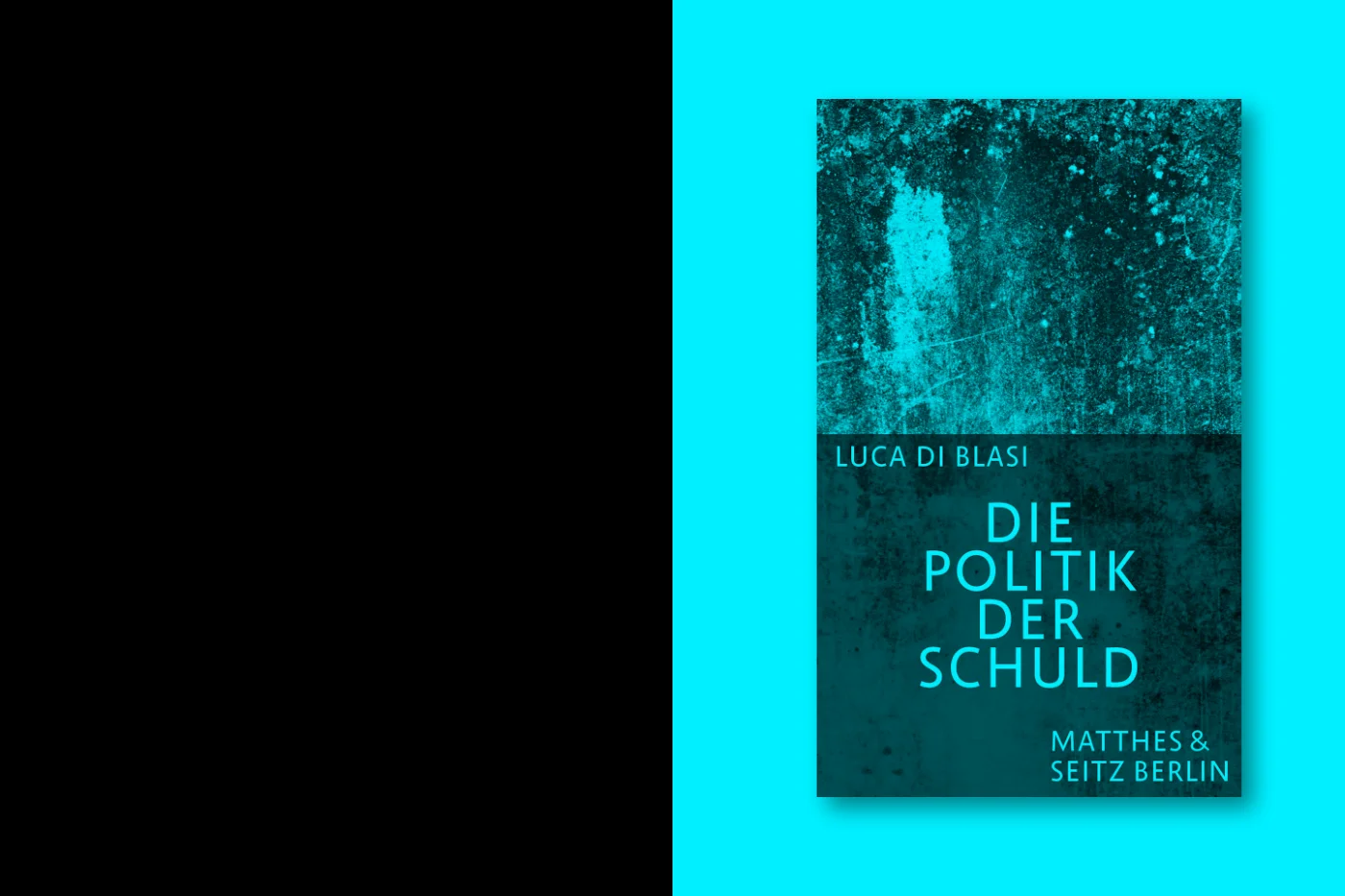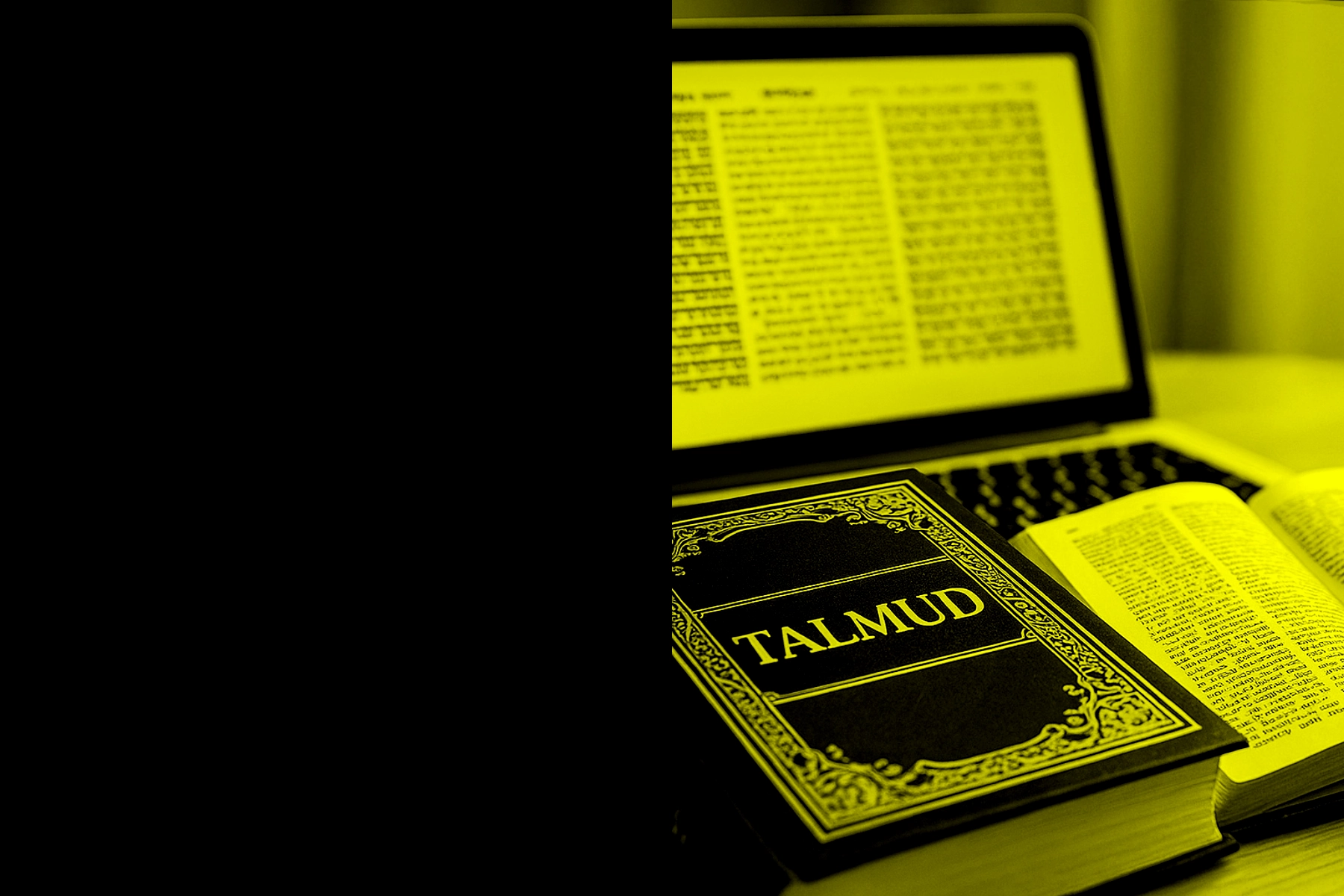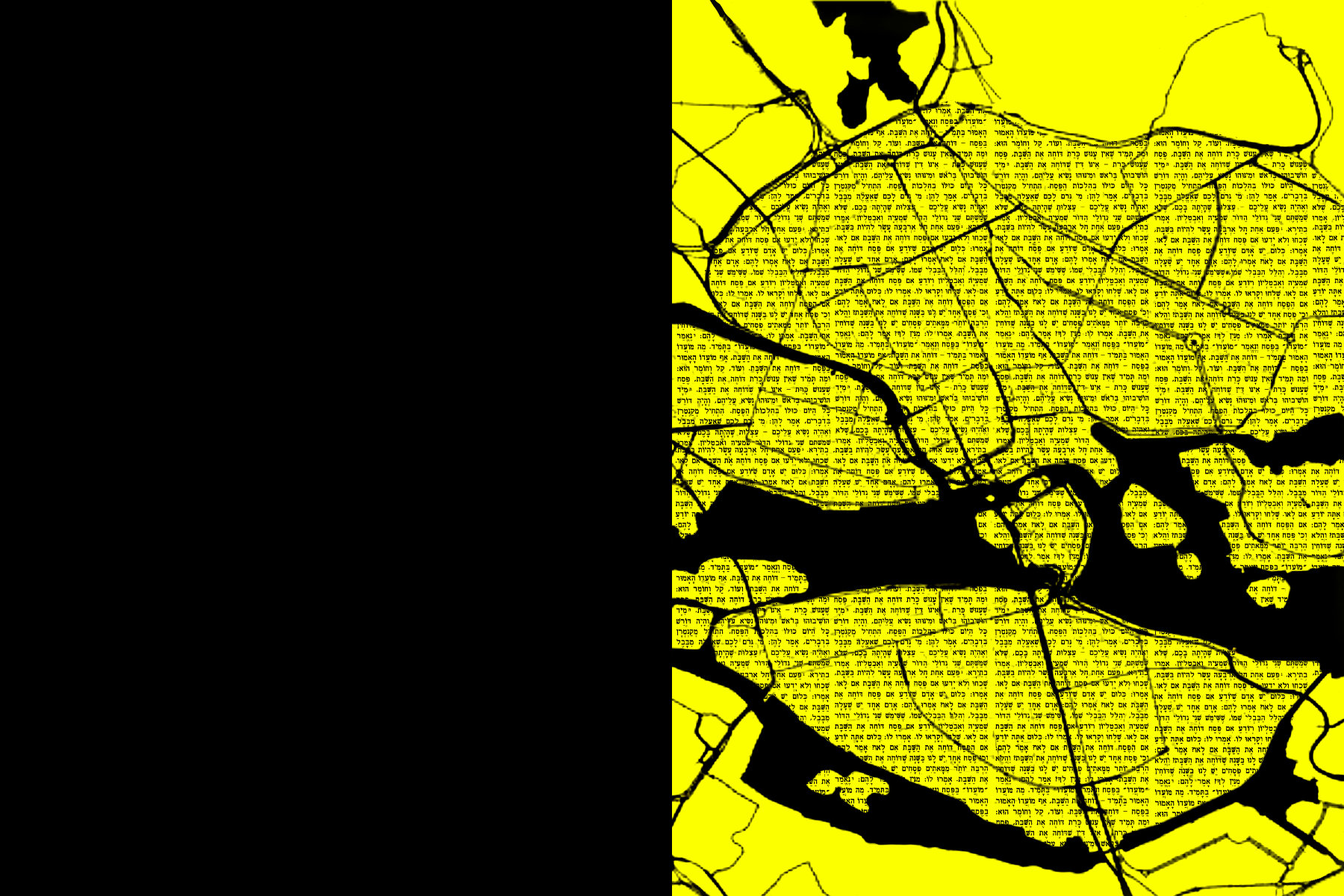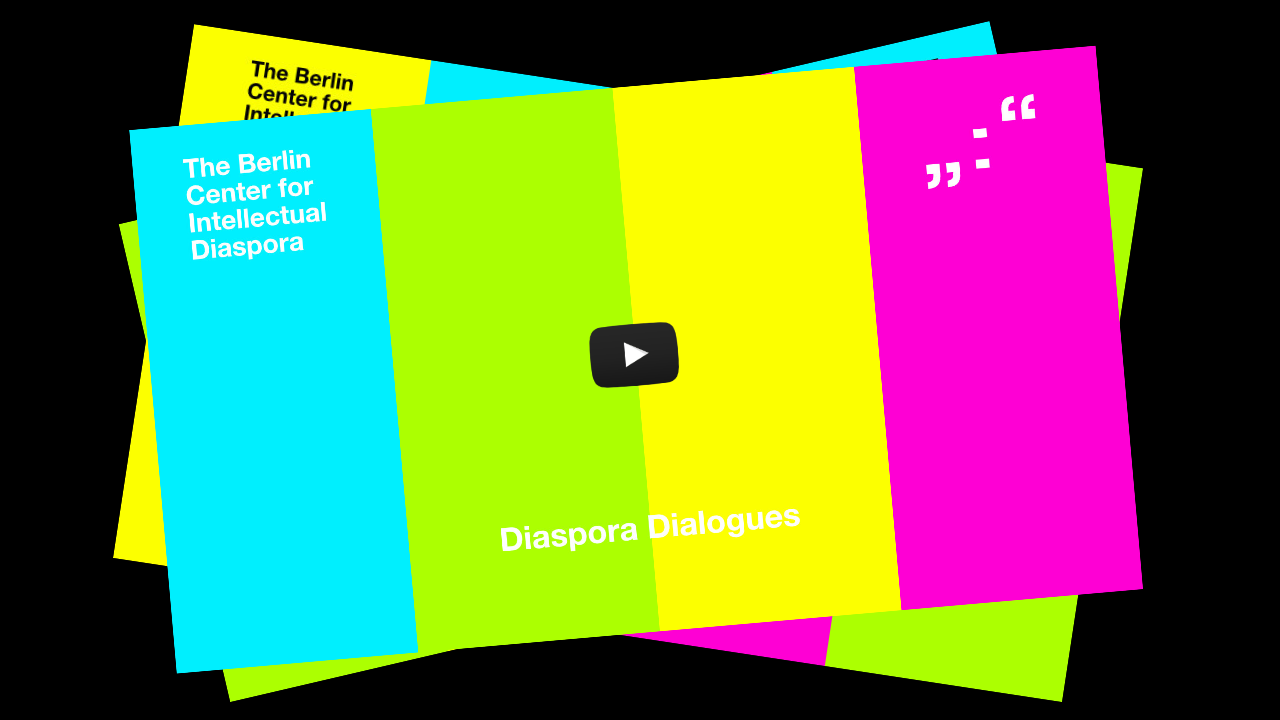Newsletter
Stay informed about our activities …
Diaspora Dialogues
Diaspora is the state of the intellectual “that tries to speak truth to power”, a state of “restlessness, movement, constantly being unsettled, and unsettling others” (Edward Said), simultaneously at home and at distance, at home in distance. Diaspora – being in “double location” (Daniel Boyarin), as “unity-across-difference” (Charles Taylor) – is the condition for critical intellectual engagement.
This is our statement. But what is such a statement without others?
Diaspora, also entails: standing alone – and looking out for others in similar or different positions. What does it mean, in different minorities, to develop diasporic knowledge? What does it mean for the life of an individual? How does diaspora leave traces in individual works and singular groups? These questions are being discussed in detail in our Diaspora Dialogues.
We interview public intellectuals – and invite you to listen to the thoughts they share with us.
The Berlin Center for Intellectual Diaspora is a public forum of Jewish-Catholic inspiration for discussions, encounters and debates on questions of contemporary politics, religion, society and culture.
Diaspora is the state of the intellectual “that tries to speak truth to power”, a state of “restlessness, movement, constantly being unsettled, and unsettling others” (Edward Said), simultaneously at home and at distance, at home in distance. Diaspora – being in “double location” (Daniel Boyarin), as “unity-across-difference” (Charles Taylor) – is the condition for critical intellectual engagement.
The initiative draws on attempts made in Jewish and Catholic theo-political traditions to create a – paradoxical – place, a center or many centers for intellectual diaspora: existing in reality as it is, in view of how it ought to be, in the world in tension with the world – and in tension to one another. In Our Times, the modern, non-traditional, nation-state era, these traditions carry on their dispersion, among others, in transnational Jewish and Catholic intellectuals. Berlin, capital of neither, offers a space for dialogue of diasporas.
The Berlin Center for Intellectual Diaspora opens a space for exploration of polyphonic diasporic performances in matters of contemporary public interest, especially in a European perspective. Beyond the Catholic and the Jewish, it seeks exchange with other traditions of intellectual diaspora, such as of Islamic and of other Christian denominations, as well as of African and other transnational communities. The Center brings together theory and politics, academics and decision-makers, in small expert forums and in public events, with special attention to young generations of future intellectual leaders.
The diasporic gaze looks for plurality, diversity and dispersion in culture – and for the culture of dispersion, of difference and heterogeneity. Difference is cultivated by debate, disputationes and makhloykes – the disagreement that is the foundational agreement, difference as seminal society.
Culture of
Difference
The Center explores the dispersion of truth in politics and history, and how it is reflected in contemporary tensions between the intellectual and the political, the state, public institutions and the media. It accommodates debates on complex and varying interrelations between knowledge, philosophy, science, theory and theology, on the one hand, and constellations of power, government, law and administration of justice, on the other hand.
Political
Theology
Religion and Democracy
The Center interrogates the dispersion within the religious as well as the interreligious, the non-religious and the post-religious. It gives place to discussion on constellations of secularism and postsecularism, democracy and challenges to democratic culture, liberalism and illiberalism, including debates on the very category of “religion”.
Diasporic
Knowledge
The Center facilitates reflections on diasporic forms of knowledge and epistemologies, in historical perspectives as well as in their actual and potential interventions on contemporary social concerns. It focuses on the paradigm of the Talmudic tradition of knowledge, past and present, but also looks for conversations with other forms of diasporic epistemes, such as marranic or monastic.


















